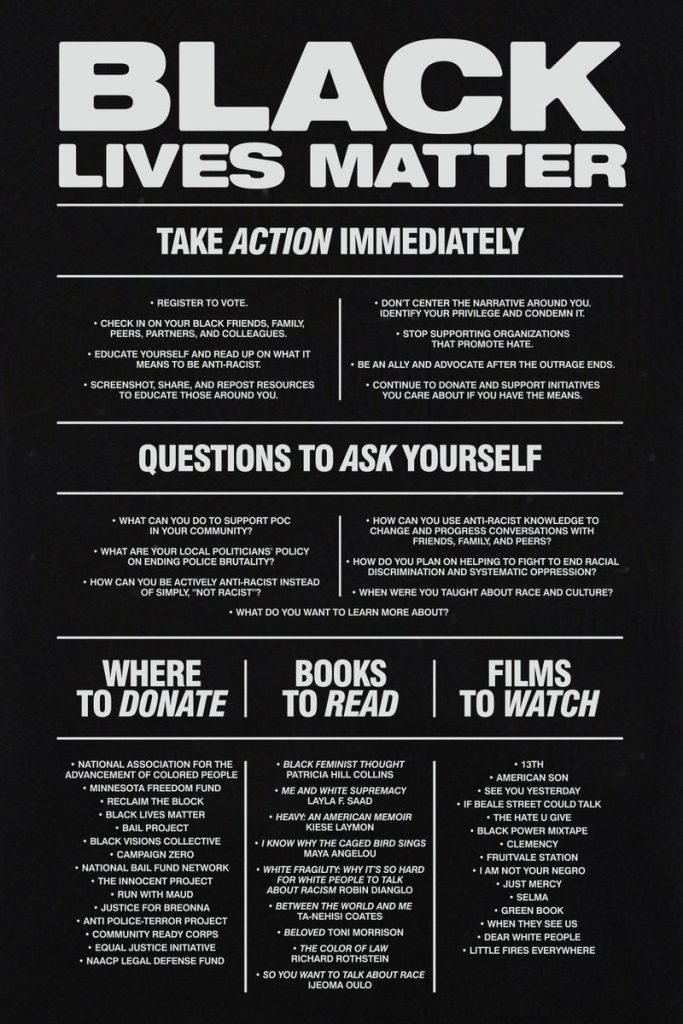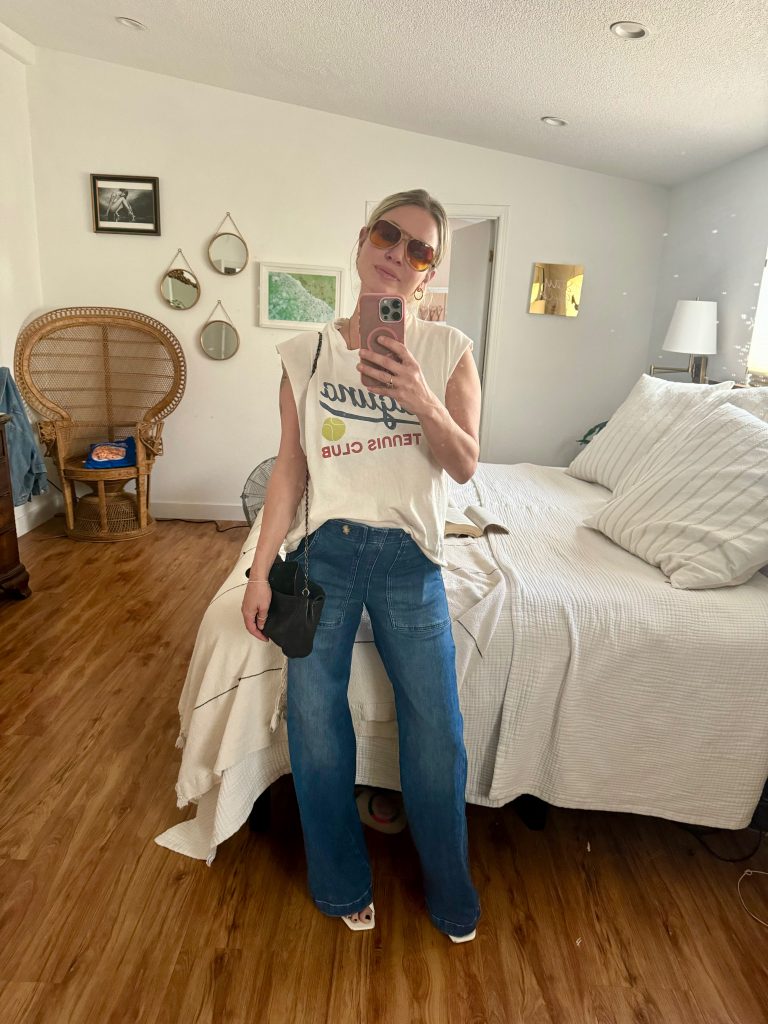
A couple of years ago, I got in an unexpected confrontation with a woman at a party. It was during the era right after Trump was elected, when I found myself constantly angry, unable to stop talking about the state of the world even with people who didn’t especially want to talk about it themselves – and who certainly did not want to talk about it at a party, when they were theoretically supposed to be having, you know…fun.
Eventually, this woman – I had never met her before; she was an old friend of the party’s hosts – and I got to talking. She was the only black woman at the party – not especially surprising; the suburbs outside Silicon Valley aren’t exactly known for their diversity. She told me about growing up in the foster care system, and introduced me to her wife. We talked about politics generally, and about the Martin Luther King marches specifically, and then started discussing how to raise the next generation of children with greater awareness. I told the woman about how my son and I had made posters of MLK quotes together to carry at the march, and how I’d framed them on our wall as a reminder to him. I remember feeling all proud of myself, telling her that (ugh, performative; ugh, self-congratulatory, just UGH).
All of a sudden – surprisingly then, unsurprisingly now – everything changed.
Take them down, she said.
Those words are not yours to put on your walls, she said. If you won’t take them down I’ll go over there and take them down for you.
My response, of course (of course?! of course), was to double down. I would do no such thing, I said. My son and I had made them together, I said. MLK preached inclusivity, I said. (I know, I know: Trust me, I can feel you cringing from all the way over here.) She grew angrier and angrier, and I grew more and more self-righteous. This went on for some time, until eventually the toxicity boiled over and other people at the party started arguing and it all felt awful and sad, so I went home in tears (if you’re wondering, the technical definition of this is “white fragility”). The next morning, I called my friend who’d thrown the party and begged her forgiveness. I said I didn’t understand what had gone wrong.
In the years since, the memory of that party has always sat very badly. I’d done something – I knew that – but I didn’t know exactly what. …Hadn’t I just been trying to have a conversation? …Didn’t she know that I fundamentally agreed with her? Should I actually, literally, have gone over to my house and taken down those signs, because she wanted me to?
The answers to those questions are besides the point.
The point is that this woman was angry. She had cause to be angry. And she had cause to be angry with me, because she knew what I did not: That I was – and continue to be – part of the problem, because I was – and too often still am – so committed to my own narrative that I fail to listen to those of others.
I thought I got it, you know – I really, truly did think I understood the scope of systemic racism present in this country – but now that I’ve finally stopped talking and started listening, I’ve discovered that I knew very, very little. I still haven’t seen scratched the surface of what it is my responsibility as a citizen, a human, and a parent to know.
It wasn’t that woman’s job to educate a performatively “woke,” privileged white woman at a holiday party. But even so, she tried – and I failed her, because I couldn’t shut my own mouth for one goddamn second. I can try to do better now. We all can.
P.S. Vote.






